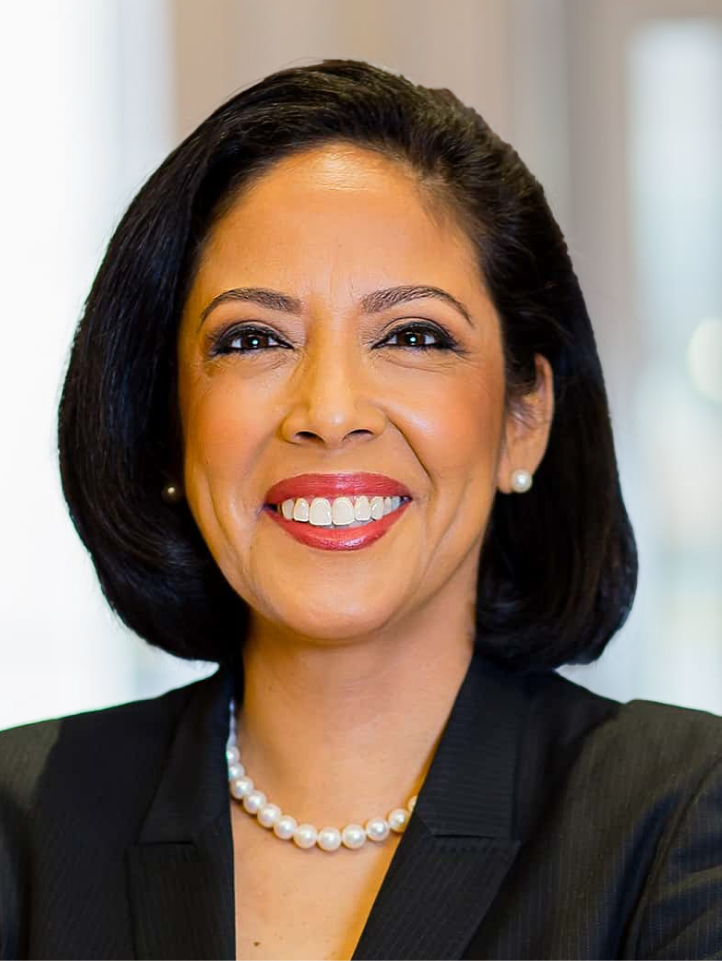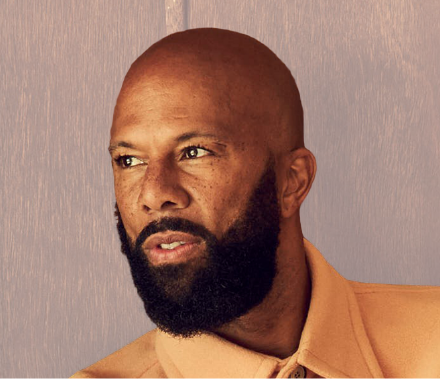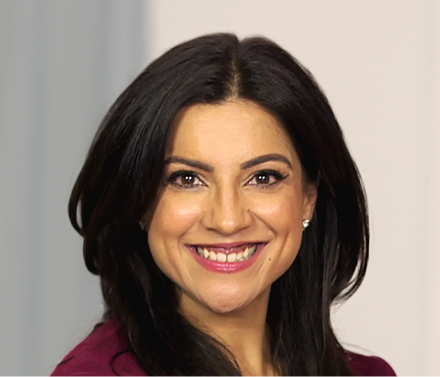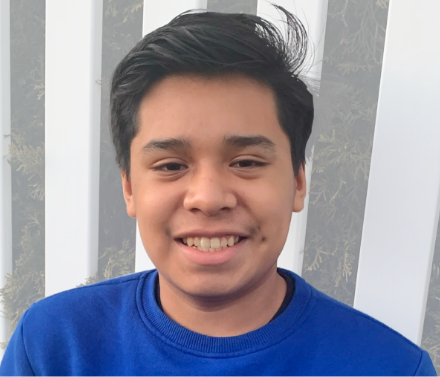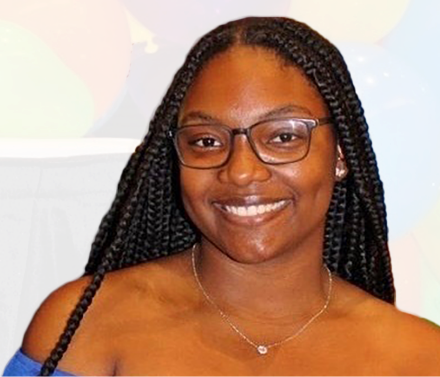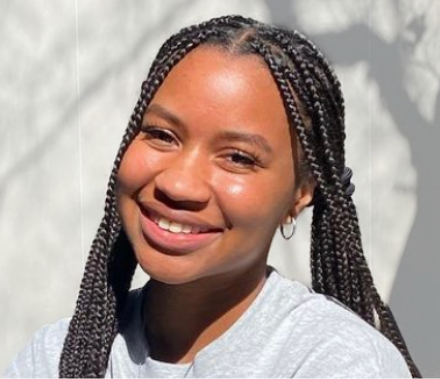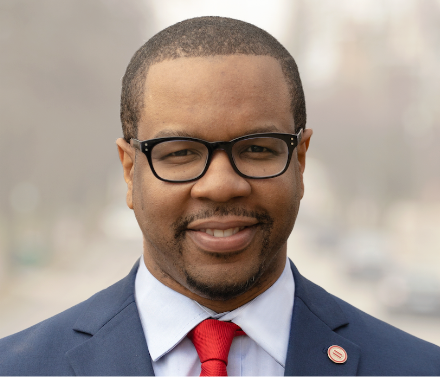MANY PEOPLE DON’T realize that internet access is a problem, but the digital divide is very real in poor, rural areas. Over 75 percent of my students live below the poverty line. Last year, we had a limited number of hotspots, and we were able to connect some of the students who couldn’t get online. Efforts were made to expand our Wi-Fi to school parking lots or to get local businesses to open up their Wi-Fi access. But this year we have one family where the hotspot doesn’t even work where they live. They’re completely off the grid as far as internet connection goes.
We need to recognize broadband as a public utility and necessity, not a fringe benefit. Rural America is an essential element of our nation, and it needs to be connected.”
Sometimes a grown-up has to take the student to a location with free Wi-Fi so they can get some work done online. But if no one in the household is home or can help with schoolwork during the day, there are absolutely no resources. Students who can hop on a Zoom call or email their teachers have immediate access to help, but those who aren’t connected have to rely on paper materials, so getting feedback is delayed. When these students have the option to attend school in-person, they choose to be in-person— even if there are health issues.
District hotspots prevent students who are already underserved living in rural Arkansas from falling further behind their peers across the nation. Having internet access, having the ability to connect, creates opportunities that every child should have.
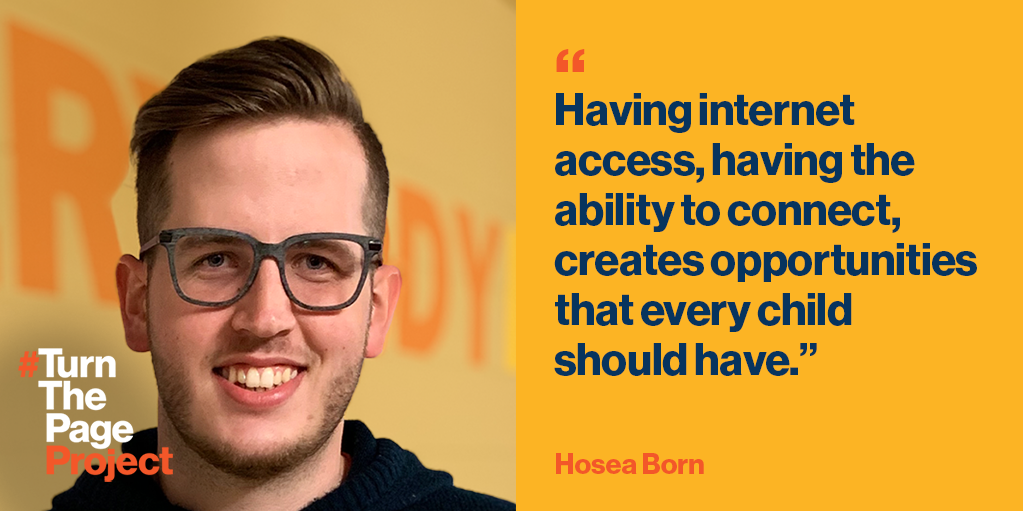
SHARE HOSEA’S STORY!
Because this issue doesn’t impact those who have power and influence, it remains invisible to many. I see the same connection issues now as I did a decade ago, growing up in rural Missouri. Rural areas are still essentially working with dial-up speeds and at a cost that is higher than urban areas. Technically, there may be internet access, but it’s not adequate. We need to invest in our infrastructure. We need to recognize broadband as a public utility and necessity, not a fringe benefit. Rural America is an essential element of our nation, and it needs to be connected.
The opportunity is there. The ability to grow is there. Being a part of the fight to connect people to opportunities and resources—and seeing students grasp onto those opportunities once they have them—is really what drives me and gives me hope. I want to help the community be what it can be.

